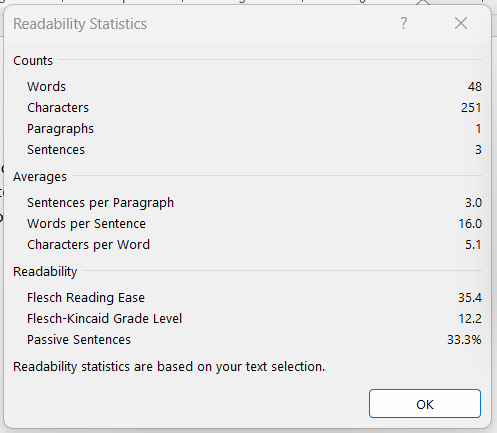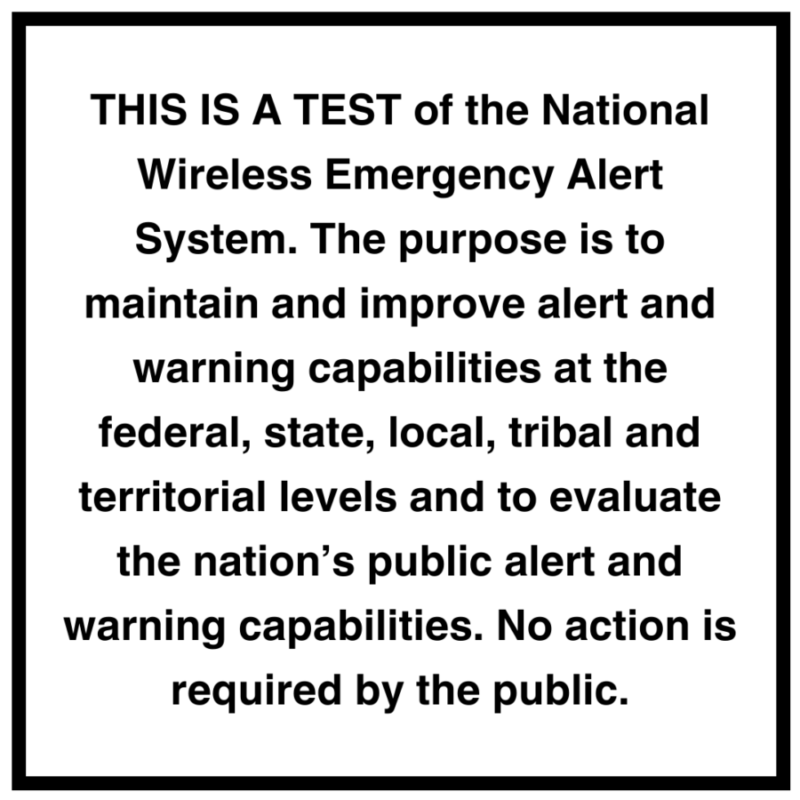Last week the federal government missed a real opportunity with its test of the national emergency alert system. For a few seconds our cell phones erupted, giving them our full attention. What message did we get? Three impersonal sentences full of dense bureaucracy-speak. Imagine what they could have said to us instead!
There are lessons here that we can apply to our own communications:
1. Know your audience. Who are you trying to reach with your message? How can you make sure they receive the message correctly? I’m not talking about how many people open your text or email. I’m talking about whether someone will understand the message you are sending in the way you intended.
Microsoft Word graded the government’s message at the 12th grade+ reading level. Not the most reader-friendly copy. I was tempted to give up reading halfway through. And I was interested in what it said!

2. Include a call to action. Once you have your reader’s attention, give them something to do. Your call to action might be a request for a donation. It could also be a link to more information or resources. For example, the government could have mentioned how important is to prepare for emergencies and provided a link to ready.gov.
3. Accept that crafting the right message can take time. Life can be full of deadlines and pressure to get things done. We want that report now. Our end of year campaign materials needed to be done last week. But good writing takes time. (Are you listening, managers?) And let’s face it, not everyone is a good writer. In fact, I got the sense that a committee wrote the National Wireless Emergency Alert. There’s a reason we hire professional copywriters and communications experts to hone our messages. The higher the stakes, the more important it is to invest the time and, if necessary, resources.
4. Have others look at the message before you send it. Don’t just rely on software to get it right. But also make sure that your reviewer(s) understand your audience too. I can almost guarantee that multiple people approved the government’s message before it was sent. It’s a great example of how our organizations can become echo chambers when we all use the same “language.” Unfortunately, that “language” doesn’t necessarily translate well to your audience!
I think the government could have done better. If it were your job to write the government’s emergency alert text message, what would you have said?

